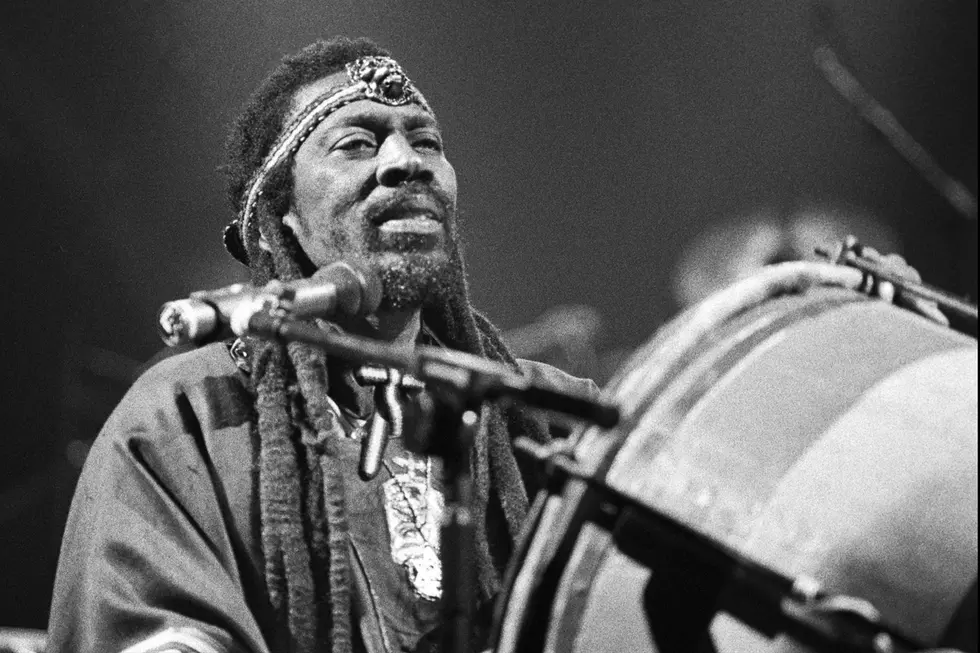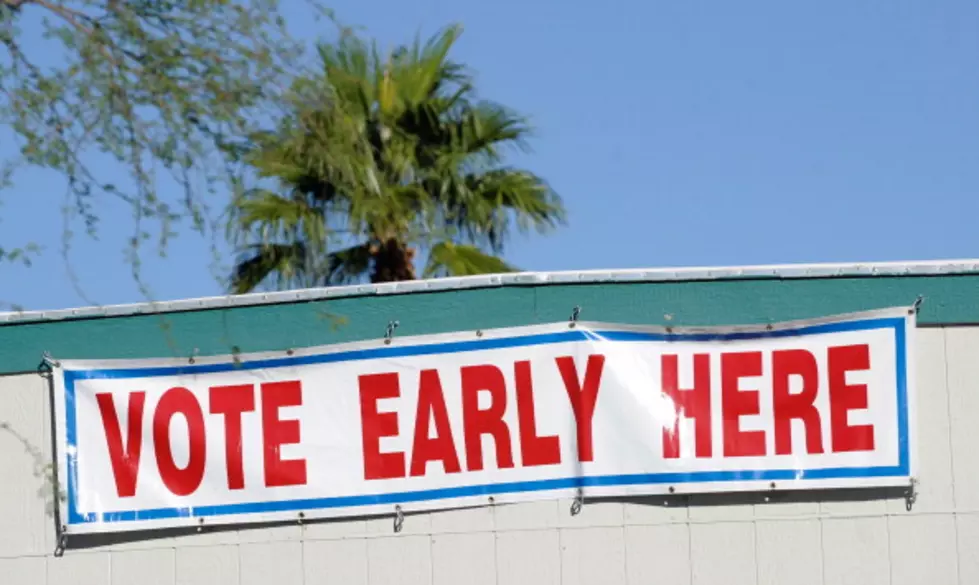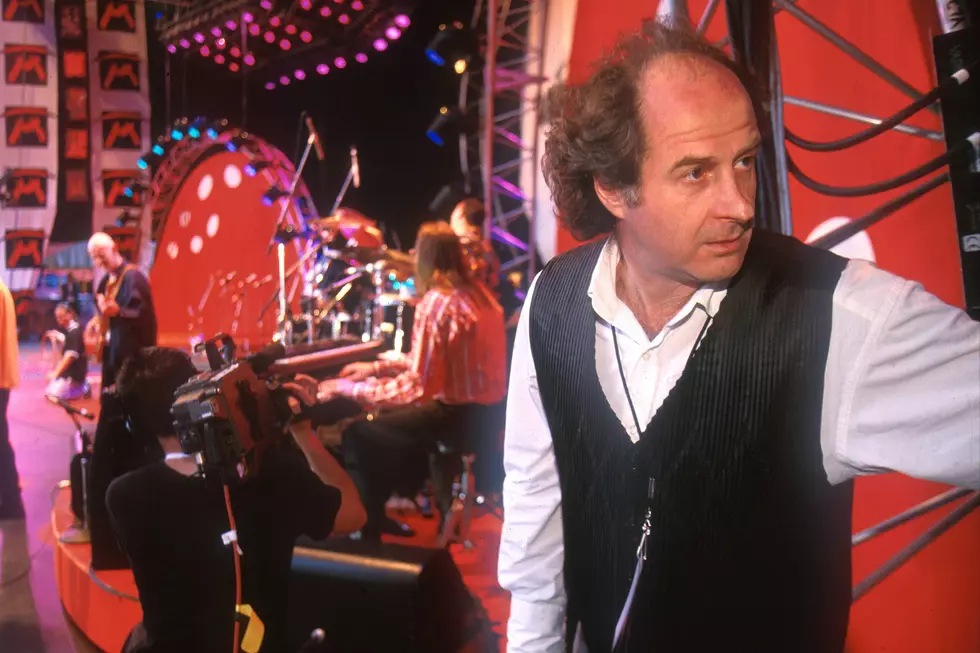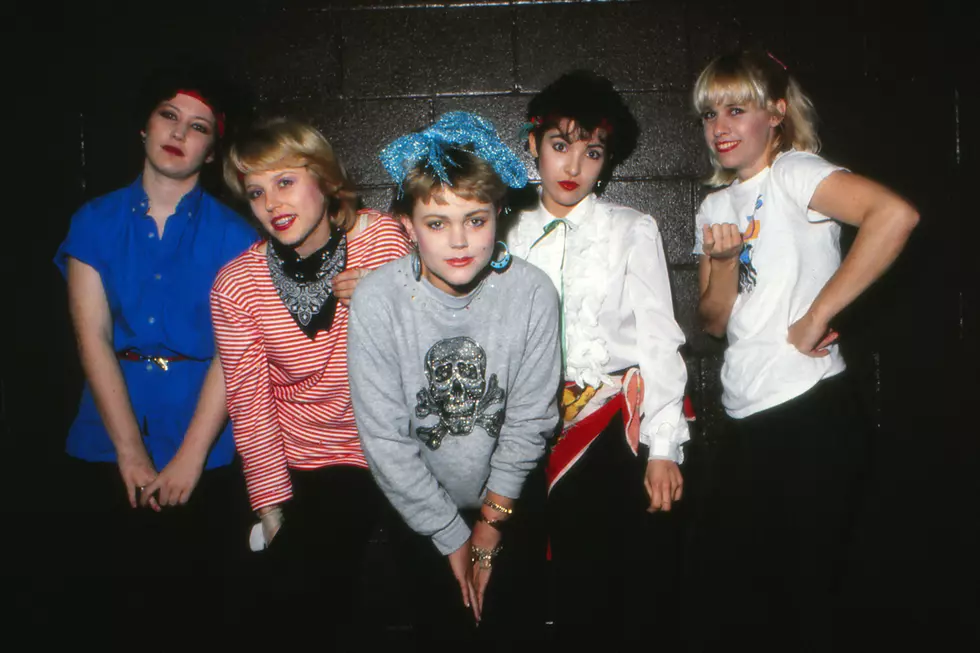
Reggae Legend Bunny Wailer Dies at 73
Bunny Wailer, a quiet figure who became one of reggae's founding fathers, has died at 73. Manager Maxine Stowe confirmed his death to the Jamaica Observer.
No cause was given, but Wailer suffered a stroke – reportedly his second – in 2020.
Born Neville Livingstone in April 1947 in the Nine Mile District of St. Ann Parish in Jamaica, Wailer cofounded the Wailers band with Peter Tosh and childhood friend Bob Marley. Wailer and Marley met Tosh through Tosh's mentor Joe Higgs, known as the Godfather of Reggae. The group's initial lineup also included singers Junior Braithwaite, Beverley Kelso and Cherry Smith.
They scored an early No. 1 hit in their home country with the Marley original "Simmer Down," produced by Coxsone Dodd and released through the Studio One label, before paring to the trio of Marley, Tosh and Wailer for their 1965 debut album, The Wailing Wailers. By the following year, they'd placed five records in the Jamaican Top 10.
"We having a dream, having a vision," Wailer told The Washington Post in 2006, "but as to the magnitude of what the dream might grow to, that is something that you cannot determine. At the same time, we believed in the music. We loved the music. We knew there was a lot of people that would have loved it just the same, if they got the chance to hear it. We knew that it had a place in all of the other music cultures that it has now been fit into."
The Wailers went on an extended hiatus in the late '60s, while Marley started a family and Tosh served a short sentence for marijuana possession. Their comeback produced a pair of signature collaborations with Lee "Scratch" Perry, 1970's Soul Rebels and 1971's Soul Revolution.
Wailer returned to "Dreamland," one of the era's key songs, while constructing his solo debut, 1976's Blackheart Man. By then, he'd already become an international touring sensation as the Wailers consolidated their fame around 1973's Catch a Fire, the band's major-label debut on Island Records, and the follow-up, Burnin'. The latter was home to both "Get Up Stand Up" and "I Shot the Sheriff."
Listen to Bunny Wailer's 'Dreamland'
A decision by Island founder Chris Blackwell to make Marley the group's principal focus led in part to Wailer's departure. Subsequent solo projects like 1977's Protest and 1978's Struggle were critically lauded but never as popular as those released by his former bandmates. To a degree, that was by design.
Wailer would claim a trio of Grammys for best reggae albums, including 1995's Crucial! Roots Classics, after scoring an MTV-era hit with "Jump Jump" off 1986's Marketplace. But he tended to stay close to home, considering himself as much a farmer as a recording artist.
“Music is based on inspiration, and if you're in an environment where you are moving up and down, here and there, that's how your music is going to sound,” he told the Los Angeles Times in 1986. "Going on tour every time you record an album, you've got to be jukeboxing yourself. That kills every artist that does that – physically, morally, in every way. It's for me to choose whether I want to die like those artists and I have chosen to be around for some time."
His beliefs as a devout Rastafarian also made life difficult on the road, since Wailer had to find unprocessed food as prescribed by his religion. Many of his later albums saw only local distribution; Wailer didn't book his first tour outside of Jamaica until the mid '80s.
"I think I love the country actually a little bit more than the city," Wailer told the Associated Press in 1989. "It has more to do with life, health and strength. The city takes that away sometimes. The country is good for meditation. It has fresh food and fresh atmosphere – that keeps you going."
Wailer was the final living member of the core Wailers trio. Marley died of cancer on May 11, 1981; Tosh was killed at his home on Sept. 11, 1987, during a robbery attempt.
In Memoriam: 2021 Deaths
More From 92.9 The Lake










